 Buru Energy has announced that following extensive consultation and negotiations between Buru and representatives of the Nyikina Mangala and Karajarri Traditional Owners, Buru and the Nyikina Mangala and Karajarri Traditional Owner
Buru Energy has announced that following extensive consultation and negotiations between Buru and representatives of the Nyikina Mangala and Karajarri Traditional Owners, Buru and the Nyikina Mangala and Karajarri Traditional Owners have reached an agreement which provides a process by which Buru and the relevant Traditional Owners may engage, in relation to Buru’s activities in the Canning Basin, and in relation to the recommencement of Buru’s exploration program, on certain terms.
As a result of this Agreement, field activity in the Ungani area is planned to recommence shortly. The seismic crew will be remobilised to complete the 240 sq km Ungani 3D seismic survey as soon as it has completed its current job which is expected to occur in mid July. Following the Ungani 3D acquisition program, a 670 km 2D seismic program is planned along trend from Ungani (subject to receipt of required approvals), to delineate additional drilling targets analogous to the Ungani Oilfield. These prospects will be evaluated during the extensive drilling campaign scheduled to commence later this year.


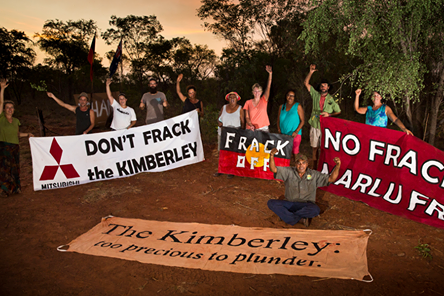


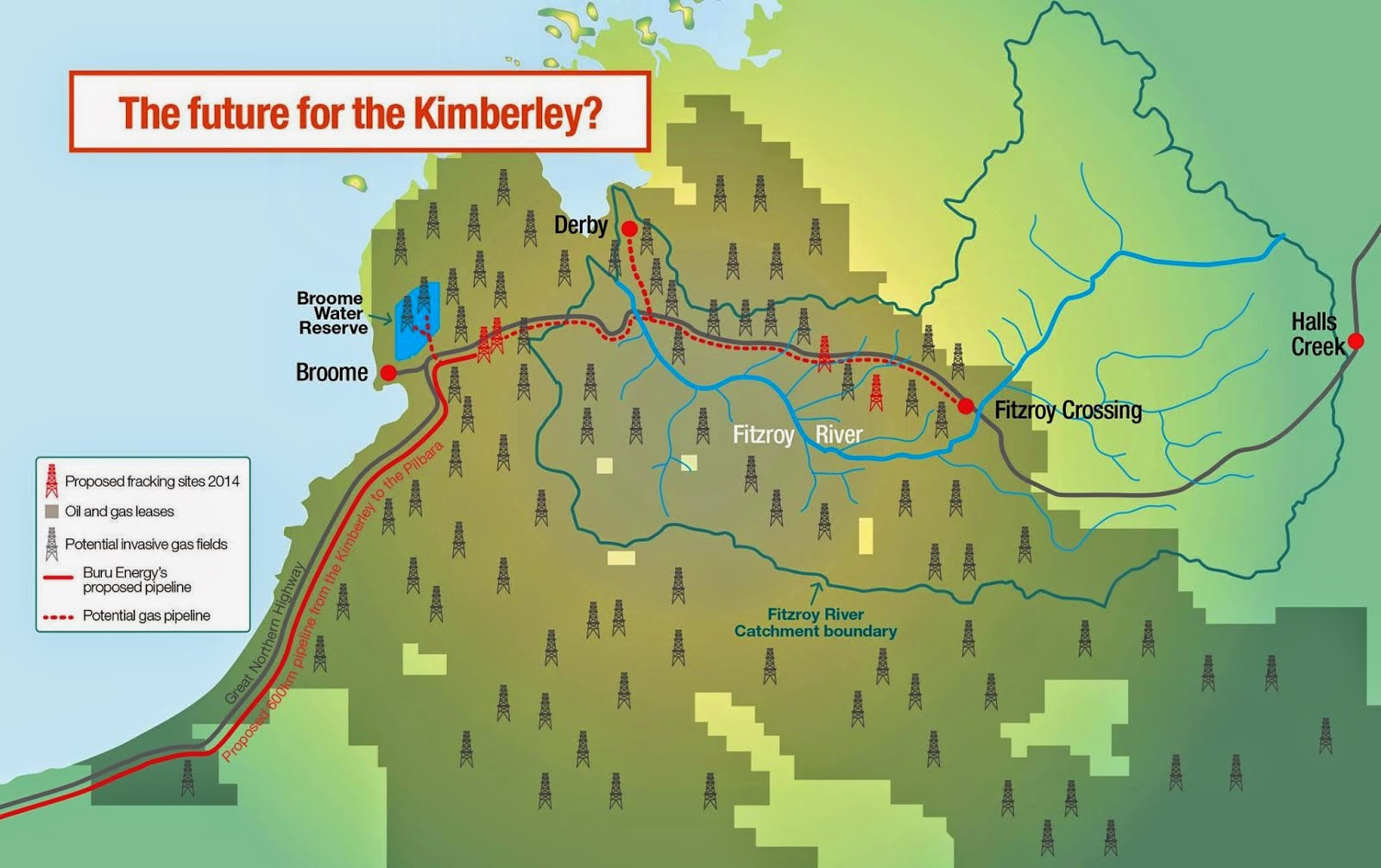

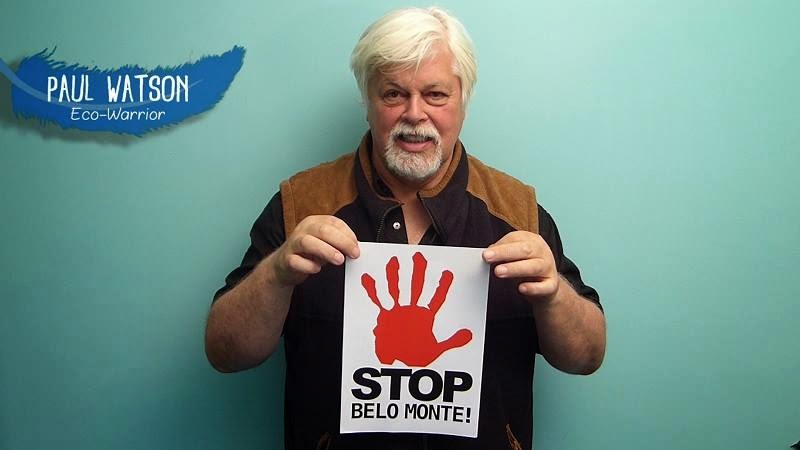
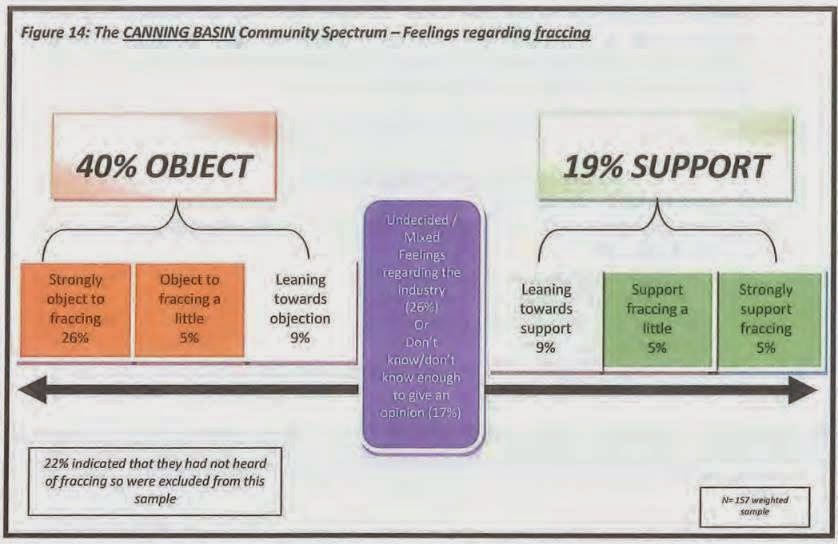
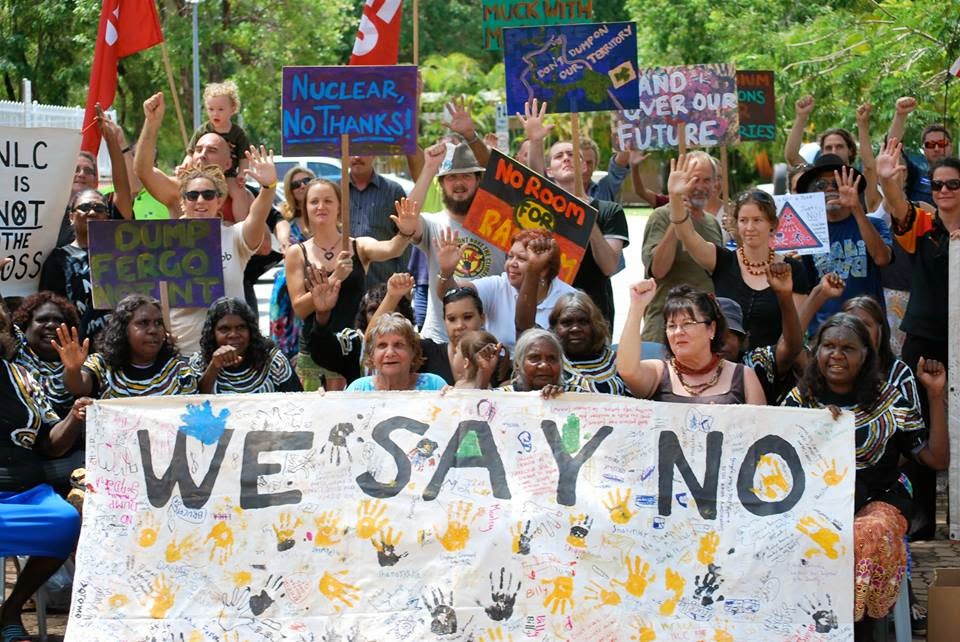

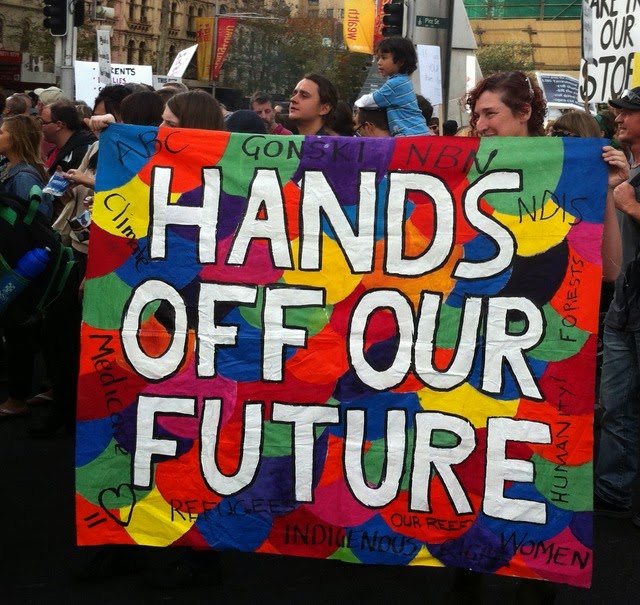


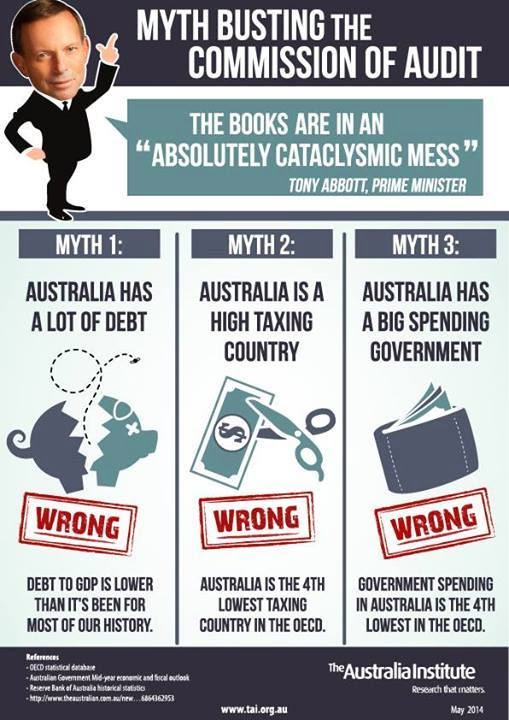
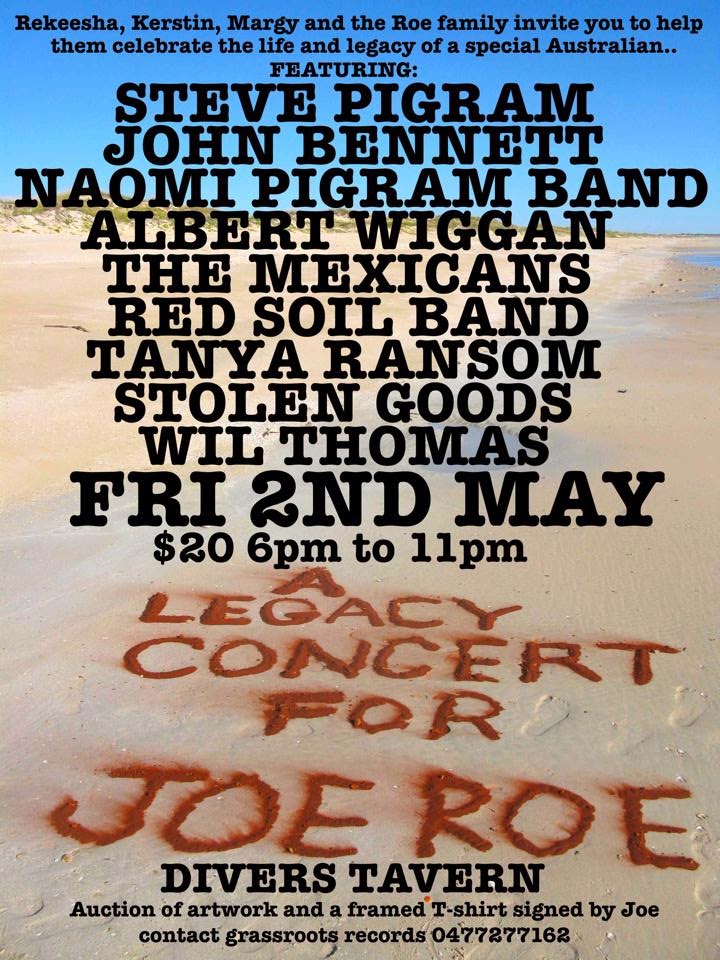

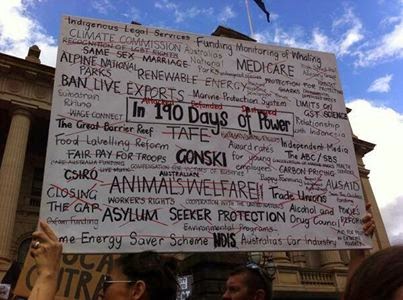
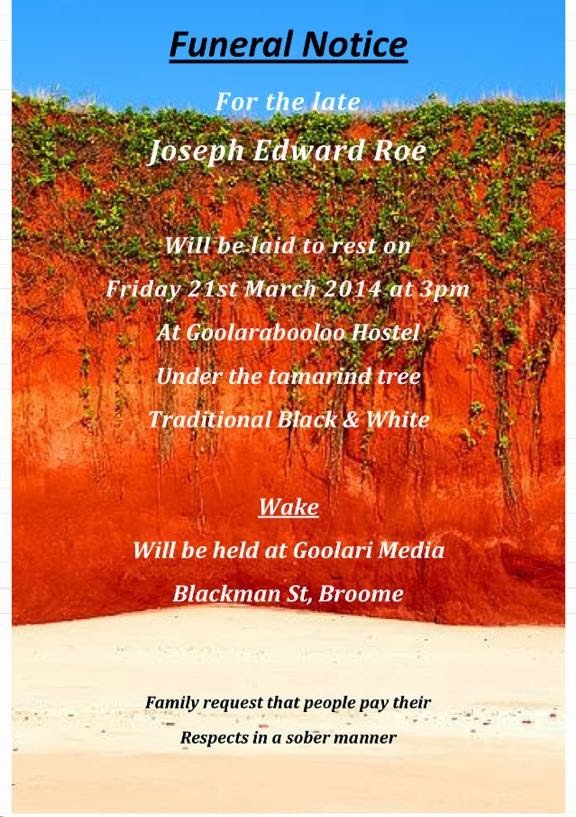

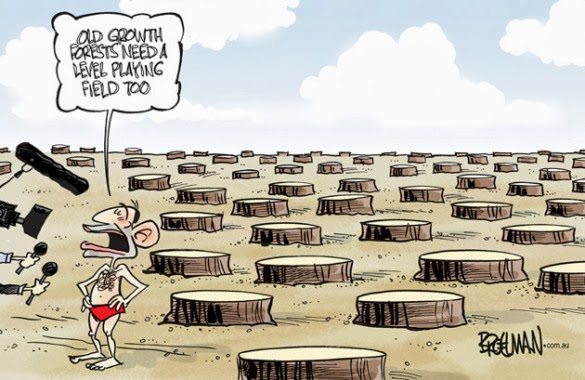
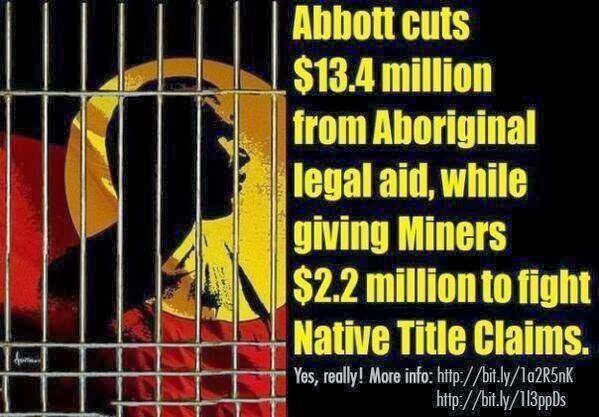
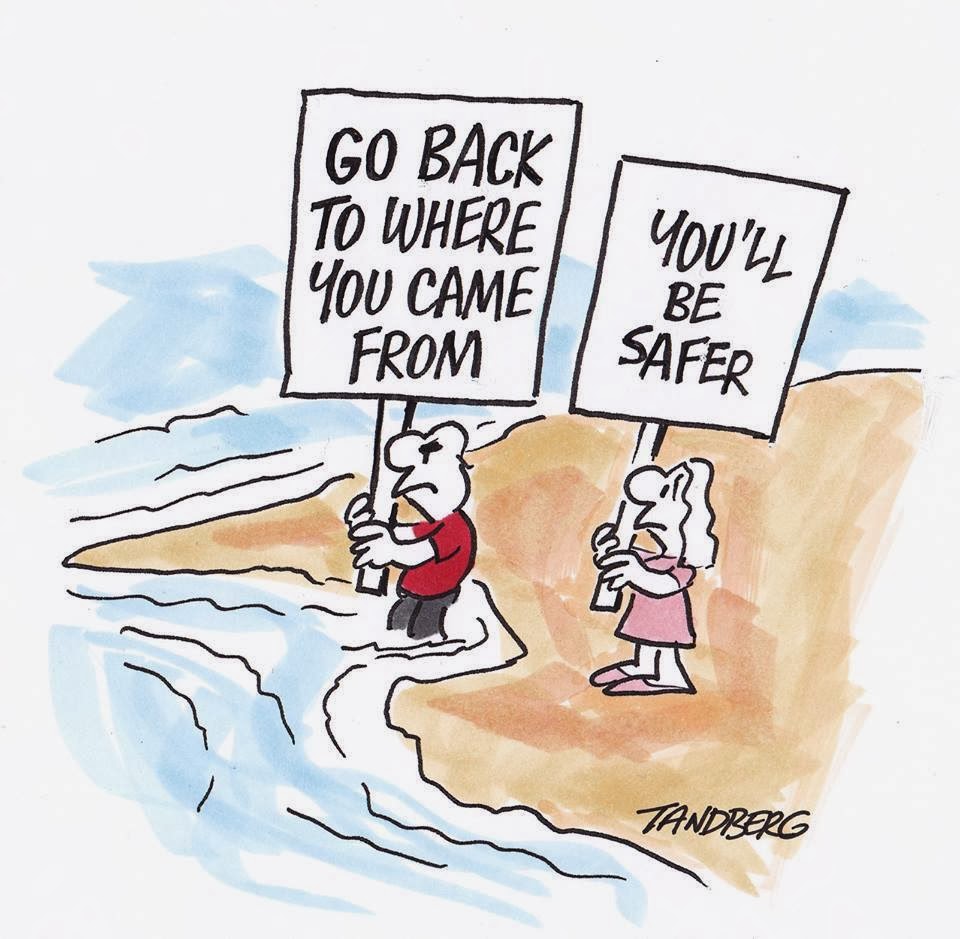

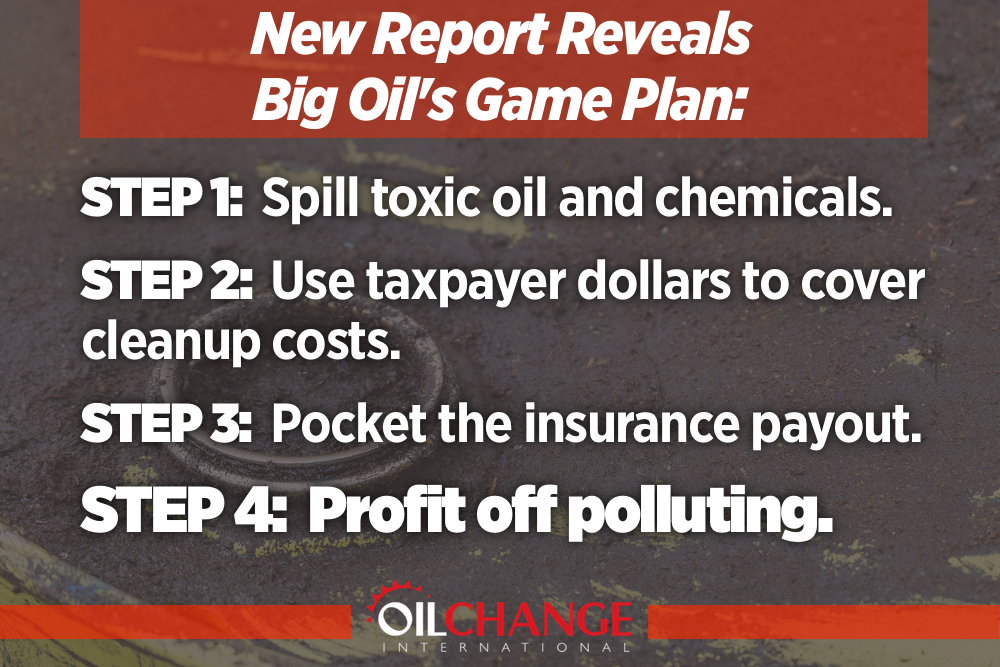
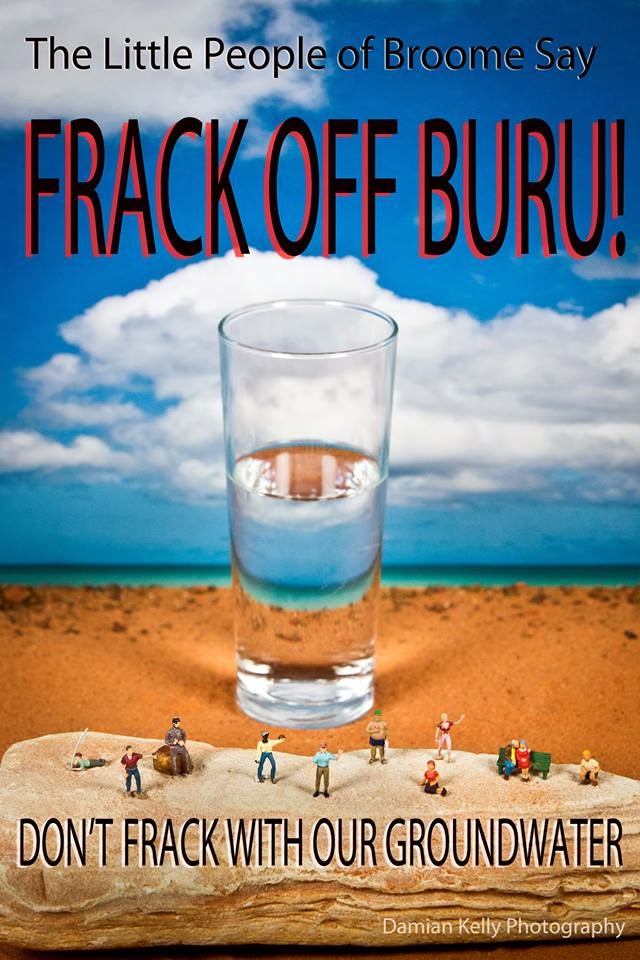
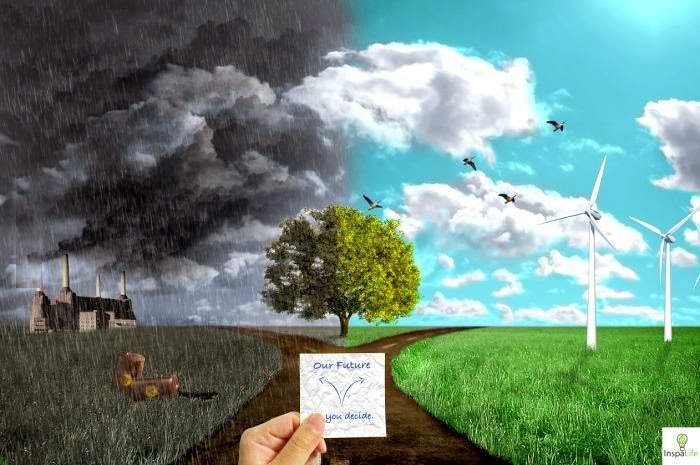
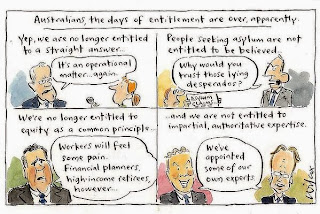
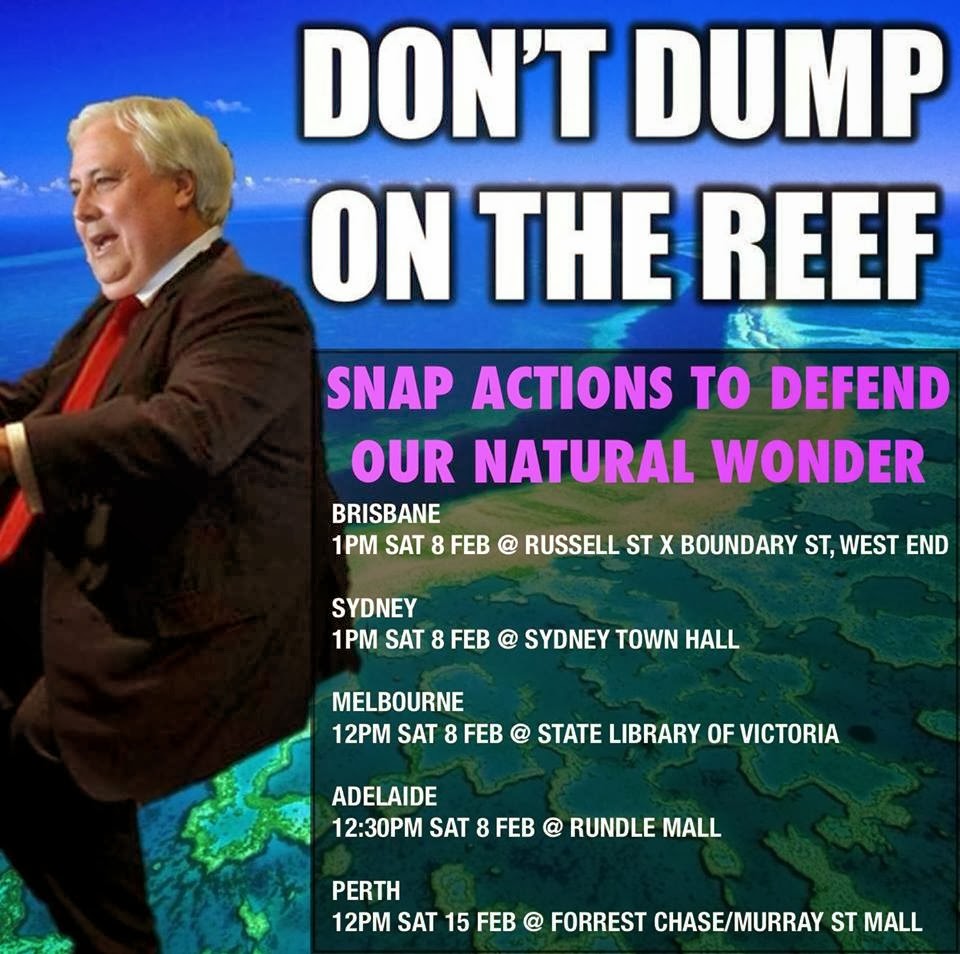

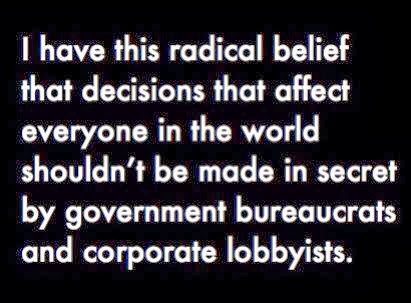
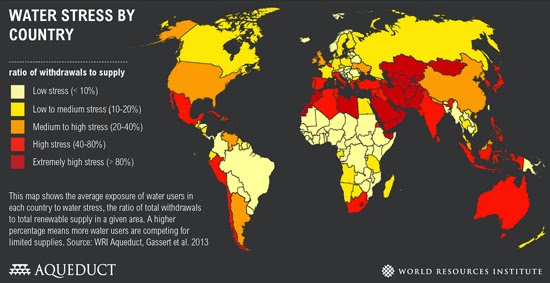

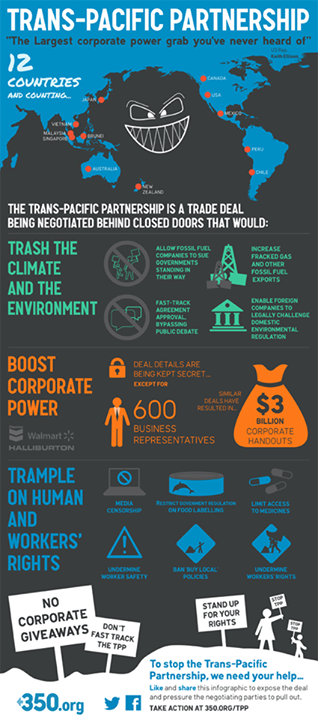
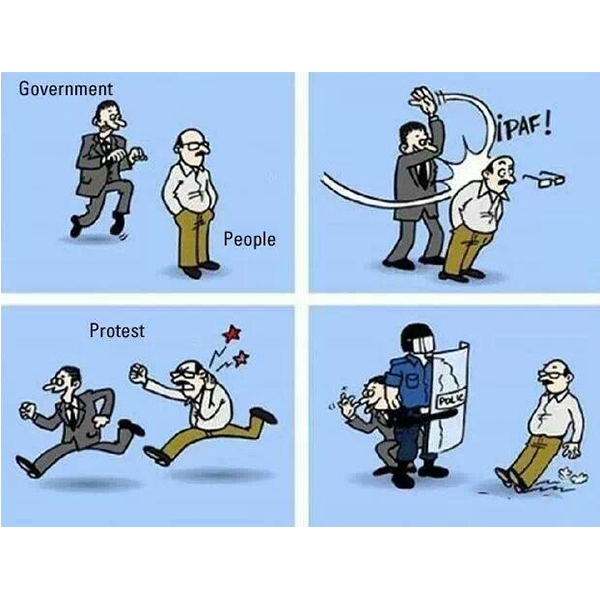












 Photo Damian Kelly
Photo Damian Kelly

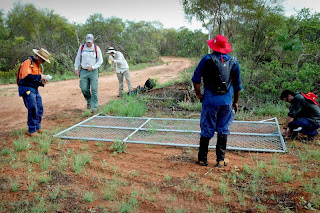









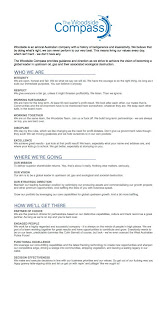




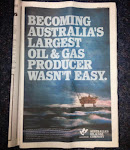

























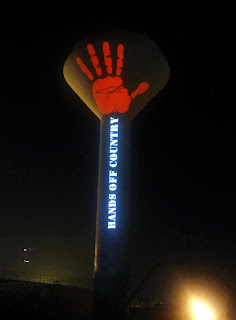





Pilliga contamination: Santos to be prosecuted
ReplyDeleteThe NSW government is prosecuting the gas company Santos, which manages the Pilliga drilling sites in north-west NSW, over a spill of contaminated water and failures to lodge environmental management reports.
The allegations date back to 2010 and 2011, when Santos was a shareholder in Eastern Star gas, which was then the main operator at the site. Santos took over in November 2011.
Former deputy prime minister and Nationals MP John Anderson - who was the chairman of Eastern Star Gas - won't be prosecuted, nor will the company's directors.
"I am advised that action is not possible by the department against Eastern Star Gas or their directors, given the sale of the company to Santos in November 2011," the Minister for Resources and Energy, Chris Hartcher, said in a statement.
"It is for this reason that proceedings have commenced against Santos. Amendments to the act currently before Parliament will enable the prosecution of directors in any future cases."
.
The Pilliga site is an area of bushland and scrubland near Narrabri, mostly devoted to grazing and conservation. It makes up the biggest remaining temperate woodland in eastern Australia. Santos plans to develop several hundred gas wells there, to be serviced by hundreds of kilometres of pipes and roadways.
The company distanced itself from Eastern Star, saying it had been working to clean up the site and had spent $17 million improving work practices.
"Since acquiring Eastern Star, Santos has worked closely with NSW regulators to identify and correct Eastern Star's previous practices and reporting processes," a statement issued by the company said.
"On 22 February last year, Santos submitted a detailed report arising from its review of Eastern Star's operations to the NSW Government. That report highlighted the previous owner's failures in reporting."
The company's report outlined a litany of poor work practices under Eastern Star's management.
There were 16 spills or leaks of contaminated water from the series of about 30 "test wells" drilled in the Pilliga.
The pollution ranged from serious spills of saline water into woodland and a creek, to more minor lapses, such as kangaroos drowning in a water storage area and not being reported.
The water treatment system "suffered from multiple leaks and incidents", but the extent of environmental damage was unknown because records were lost, and some incidents were not recorded in log books
.
"The fact we now have the government initiating prosecutions against Santos, despite the minister renewing these licences only last year, confirms the O'Farrell Government was never serious about protecting our land and water from coal seam gas activity."
It is unclear whether the leaks in a water storage dam have been fixed, or if they present an ongoing problem.
Santos told Fairfax Media last week that the problem was old, but that more monitoring devices were being installed.
But correspondence from the NSW Environment Protection Authority to the company on May 22 warned of a "suspected leak at the main holding pond at Bibblewindi".
The company has applied to drill eight new pilot wells on the site, and said a completely new water treatment system will be built to service them and treat the saline water that will be brought up when the gas is extracted.
.
The Wilderness Society called for drilling at the site to be stopped until the prosecutions were complete and any subsequent leaks were investigated.
“Given their track record, Santos plans for 400 wells in the Pilliga Forest could turn the region into the biggest environmental disaster zone NSW has seen," said a spokeswoman, Naomi Hogan. "Santos has not shown they can fix the past damage, let alone start drilling and spilling again on a larger scale."
..
Remember Montara and the question of high pressure gas pockets off our north coast?
DeleteAnyone following the Conoco/Karoon story at their leases in the Browse Basin would be aware that considerable time has been spent upgrading the BOP on the Transocean Legend semi submersible rig.
IF this information is accurate and up to date the rig carries two BOP's both of 10,000 psi (2 x Cameron 18¾in 10K double; 1 x Shaffer 18¾in 5K annular, Vetco H4 connector).
The five to eight well drilling program will target the Poseidon trend as well as surrounding prospects, including one
prospect in WA-314-P late in the program.
.
THIS FROM LAST YEAR :
"Since the last report and prior to drilling ahead, a mechanical problem was observed while the BOP was stationed at the sea floor requiring the BOP and riser to be pulled from the hole for repairs. This mechanical issue was unrelated to previous BOP problems. The BOP and marine riser were then pulled from the hole allowing repairs to commence over the weekend."
..
"ConocoPhillips and Karoon Gas will see the project timeline of their five-well exploration program in the Greater Poseidon area, offshore Western Australia, pushed back due to a spate of blowout preventer problems on their contracted rig – Transocean Legend (mid-water semisub) – a spokesperson representing Karoon Gas told Rigzone in an interview Friday.
The rig was drilling the Zephyros-1 exploration well – the second well in the JV's five-well exploration program – in November, when works had to be unexpectedly halted due to a reoccurrence of a blowout preventer problem. The spokesperson confirmed that although mechanical repairs on Transocean Legend are already completed, the JV's drilling project timeline had been negatively affected.
ConocoPhillips and Karoon Gas had first encountered a problem with the rig's blowout preventer when it was drilling on the JV's first exploration well – Boreas-1 – which was spud in May this year. The Transocean Legend had shortly after, experienced a mechanical failure with its blowout preventer, and drilling works on Boreas-1 was subsequently halted for more than two months to allow for repair works to take place. The JV only managed to resume drilling at Boreas-1 in mid-August.
"We are disappointed with the performance of the rig, but we do not have an alternative at this point. All available offshore rigs have already been booked up until the end of next year," the spokesperson said.
The spokesperson also added that crew on the rig are affected as it means that the workers will have to be out at sea for a longer period of time.
The five wells that the JV have scheduled for drilling lie in the WA-314-P, WA-315-P and WA-398-P Browse Basin permits, containing the previously announced Poseidon and Kronos gas discoveries. Karoon Gas holds a 40 percent stake in WA-315-P and WA-398-P, and a 90 percent stake in WA-314-P. ConocoPhillips, the operator, holds the remaining stakes in the three permits.
The three permits are around 217 miles (350 kilometers) offshore from the northwestern Australian coast and cover a combined area of 3,022 square miles (7,828 square kilometers), Karoon Gas' quarterly report published in June stated.
"The Browse Basin drilling campaign is expected to continue for a period of up to two years. The program is designed to define more precisely the size and quality of the contingent gas resource base," Karoon Gas said in its June quarterly report."
.
Conoco/Karoon BOP problems cont...
DeleteNOW THIS...
ConocoPhillips Encounters Well Control Issues at Proteus Well (Australia)
Posted on Jun 12th, 2013
Karoon Gas Australia today announced that at 06:00 WST on the 11th of June preparations were being made to commence scheduled BOP testing at the ConocoPhillips-operated Proteus-1 prospect offshore W. Australia.
Since the last update the sidetrack section, named Proteus‐1ST1,was successfully kicked off from the original Proteus‐1 borehole. Proteus‐1ST1 was then drilled to a depth of 4493m in the 8‐1/2” hole section where well control difficulties were encountered. On completion of BOP testing work to regain full well control will be carried out prior to drilling ahead in the 8‐1/2” hole section.
....
THE interesting thing here is that it would seem Conoco/Karoon have been very worried about the BOP on the Legend which is the same make as the one that failed on the Deepwater Horizon in the Gulf (Cameron) creating the worst environmental disaster in the history of the US.
The question is are they hitting high pressure gas pockets that the BOP can not contain.
Some of these pressures can be well over 20,000 psi and some just cannot be contained.There is a BOP that can handle 20,000 psi IF everything goes to plan.
It has also been noted that BOP's still cannot cut the pipe if it is on a join or not perfectly square in the jaws.
..
Whatever is going on out there it seems they are earning their money the hard way.
I have often wondered about drilling on fault lines close to volcanoes etc. and if these places were more prone to high pressure gas pockets.
Who knows but one thing is for sure something fishy is going on out there.
..
Miners in for shock after a decade-long boom
ReplyDeleteA DECADE of boom times has created a generation of mineworkers and managers who will struggle to adapt to life in a lower commodity price environment.
Experts and executives say that a new-found intense focus on cost control and a wave of job cuts throughout the mining sector is set to revive many of the practices that were common to the mining industry during the 1990s.
However, the boom conditions of the past 10 years and the likely retirement of so-called old-timers mean companies and their workers could find it difficult to adjust to life with lower commodity prices and thinner operating margins.
.
The mining services industry has been hit particularly hard by the cooling conditions in the resources sector in recent months, with NRW Holdings this week joining the likes of Transfield Services, WorleyParsons, UGL, Boart Longyear and Ausdrill in issuing profit warnings.
Mr Doran said the leadership changes at BHP Billiton and Rio Tinto in recent years gave an indication of the direction and priorities of the big miners.
"If you look at the chairman of BHP, (Jac) Nasser, he's out of the automotive industry. If you look at where (new Rio Tinto chief executive Sam) Walsh came from, he's out of the automotive industry," Mr Doran said.
.
He warned that the staff cuts playing out among many mining companies and contractors could further thin out the ranks of employees with a history of operating in tougher market conditions.
"With the labour shake-out we're going to see as part of this new phase that we're in, then the risk is that companies exit, either voluntarily or involuntarily, a lot of that experience and it won't come back," Mr Elliott said.
"These are guys that can take retirement, or have been through downturns before and know that it's hard work during those times, and will look for an easier lifestyle. It becomes a compounding risk."
While mining companies from BHP Billiton and Rio Tinto down have been publicly stressing their ability to make deep cuts to cost bases in response to the change in market conditions, other executives have questioned how miners managed to lose control of their cost bases in the first place.
BC Iron managing director Morgan Ball told The Australian that he understood how the momentum of the boom could have inspired costly initiatives that look out of place in a weaker market.
"People don't even realise they're complacent. It's much easier for us, we only have 40 employees, 250 contractors and one project, so every day we think about making sure our production's running right and our costs are where they should be," he said.
"That would be more difficult when you're a global goliath."
..
Cash strapped junior miners struggling to survive
DeleteA new report has warned that hundreds of small mining firms could go under globally, including in Australia, before the end of the year.
Ernst & Young says junior explorers, small firms which are looking for mineral deposits, are cash strapped and are facing tough times as the global mining industry slows down.
The annual report, Business Risks Facing Mining and Metals 2013-14, rates capital allocation and access to finance as the biggest strategic risks facing global miners.
According to Australian Securities Exchange filings, some small explorers have just thousands of dollars left in the bank.
....................
Rinehart mine backs away from foreign worker plan
The boss of Gina Rinehart's multi-billion dollar Roy Hill iron ore project has backed away from the use of foreign workers on 457 visas.
Barry Fitzgerald says the economy has slowed down and the project may no longer need to employ overseas workers under a Federal Government agreement set up last year.
Mr Fitzgerald was speaking at a suppliers' briefing in Perth last night that was attended by nearly 2,000 contractors.
.................
WA Government to slash 1,200 public sector jobs
West Australian Premier Colin Barnett has announced up to 1,200 public sector jobs will be slashed as part of a raft of efficiency measures ahead of the state budget.
Around 1,000 workers will be offered voluntary redundancy packages over the next 12 months, in a move that will save the State Government $75 million per year.
The Government will also introduce legislation to give itself the power to sack hundreds of public servants.
..
The miners got to keep all their super profits and the tax that would collect no tax was too late to collect any anyway.
ReplyDeleteNow they want exemptions and discounts to the PRRT to give high polluting industry like chemical plants cheap gas.
Meanwhile single mums have had their payments cut the dole is now at starvation levels and programs to the most needy are being slashed all the while big mining and big oil and gas collect billions in subsidies each year.
..
************ MEDIA RELEASE **********
WYNDHAM FAMILIES EXPRESS CONCERN OVER THE LOSS OF FUNDING FOR WELA
Wyndham Early Learning Centre (WELA) has been operating for 7 years. Last year their new purpose-built building was opened by the Prime Minister, Julia Gillard – the first Prime Minister ever to visit Wyndham, a small town of predominately Aboriginal people in the far north-west of WA. Yet on June 30th 2013 the majority of funding for the Centre will cease and WELA will be reduced to operating for limited hours.
Programmes run by WELA give families (parents, carers and grandparents) the skills they need to help their children be ready to cope with school. Pre-primary teachers say they can tell which kids have been to WELA – they know how to use the toilet, can blow their nose and wash their hands, and use their manners. Many can count and know their alphabet. The parents of WELA kids are confident; they are able to visit the school and talk to the teachers about their children’s progress.
“In our town many families are disadvantaged, and WELA makes a real difference in helping families to function better and get their kids ready for school” said former Centre Chairperson Estelle Hunter. “In fact as people from Oombulgurri community now live here too, we need more funding not less, so we can provide outreach to families who are not yet ready to come in to the centre”.
Centre Manager Jane Parker shakes her head in despair and disbelief when she says: “In the Prime Minister’s Report on Closing the GAP 2013 the first sentence on early learning says[1] ‘A child’s health and wellbeing from before they are born through to their preschool years helps to set them up for life’. If that’s the case, we don’t understand how the government can stop funding a service that has won awards, been positively evaluated, and is so obviously delivering what is needed. They say programmes are being reviewed; we say that interim funding should be provided until the new scenario is clear”.
WELA have sought the support of Josie Farrer, the member for the Kimberley, and the Greens Senator Rachel Siewert – who are asking questions at State and Federal level. But a fast solution is needed. One worker has already left More will have to go by the end of the month. All are Aboriginal women with lots of skills that they want to use helping Wyndham families provide a nurturing environment which, as the Prime Minister states: ‘can help to instil positive behaviours and values and steer children along a path to success at school and adulthood’ (1 pg 38).
For background information check out:
https://apps.aifs.gov.au/ipppregister/projects/wyndham-early-learning-activity-centre-wela
http://www.nationalswa.com/News/MediaReleases/tabid/83/articleType/ArticleView/articleId/1552/Wyndham-Early-Learning-Centre-takes-top-honours-Duncan.aspx
- See more at: http://www.kimberleypage.com.au/?gclid=CJayrZ7zrLACFSRKpgodFgR7Vw#sthash.SE9p6wrK.dpuf
(from Kimberley Page)
..
Five myths about shale gas fracking in Western Australia
ReplyDeleteJune 11th 2013
Posted by piers.verstegen
In recent months, gas industry representatives have made a number of misleading claims about the environmental risks of gas fracking in an attempt to minimise legitimate and growing community opposition to the industry.
What is more concerning however, is that much of this information appears to have been taken up, and even promoted by some WA Government agencies including the Department of Mines and Petroleum (DMP) – the agency charged with regulating the environmental impacts of gas fracking – and even some Members of Parliament.
In response to this, CCWA has sent an open letter and briefing document to all WA Members of Parliament to set the record straight on five key industry myths regarding gas fracking in WA.
Here is a summary of the five key industry myths about shale gas fracking, and our response:
•The depth of shale deposits in WA means fracking is safe. This claim is false – the depth of gas bearing rocks has little relevance to the two main causes of water contamination from this activity.
•WA has a lot of experience with shale gas fracking. This claim is highly misleading – only a handful of shale gas wells have been fracked in WA during exploration to date.
•Opponents of shale gas fracking are confusing it with Coal Seam Gas. This claim is untrue – there is no confusion although similarities do exist.
•Shale gas is a ‘clean’ source of energy. This claim is based on selective accounting – shale gas is likely to be as polluting as coal.
•There is a robust regulatory framework for shale gas in WA. This claim is highly questionable – the regulator lacks the powers necessary to protect the environment and communities.
Make a tax-deductible donation to support the campaign to stop toxic gas fracking in WA
For more information on gas fracking in WA and what you can do to help prevent it, visit: http://cleanwaterhealthyland.org.au/
..
I was very pleased to find this site. I definitely enjoyed reading every little bit of messegas on hold Australia and I have it bookmarked to check out new stuff posted regularly.
ReplyDelete